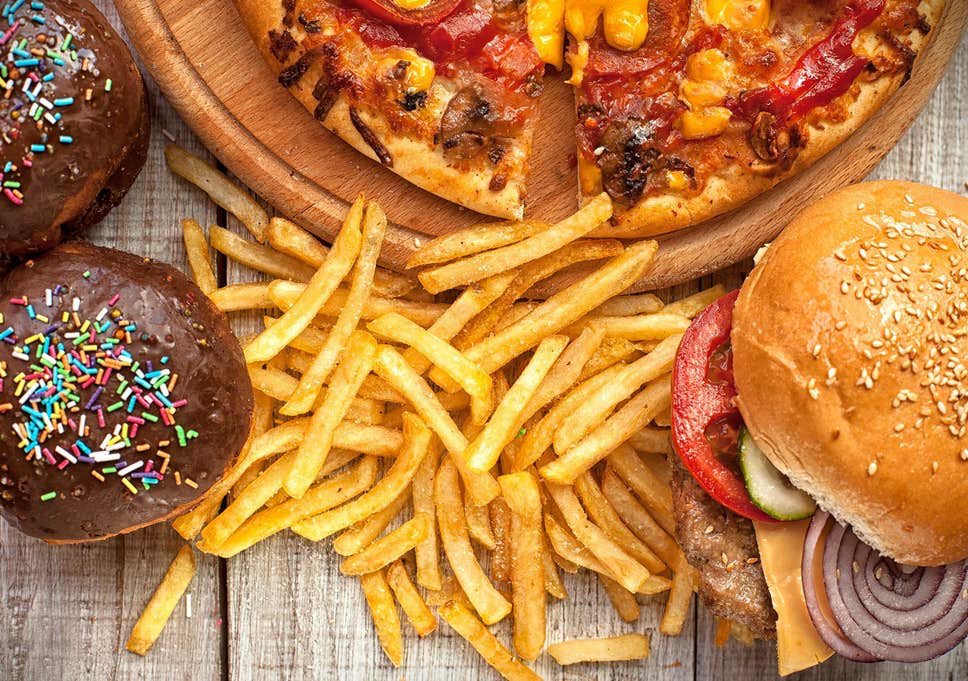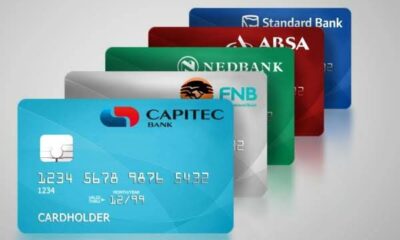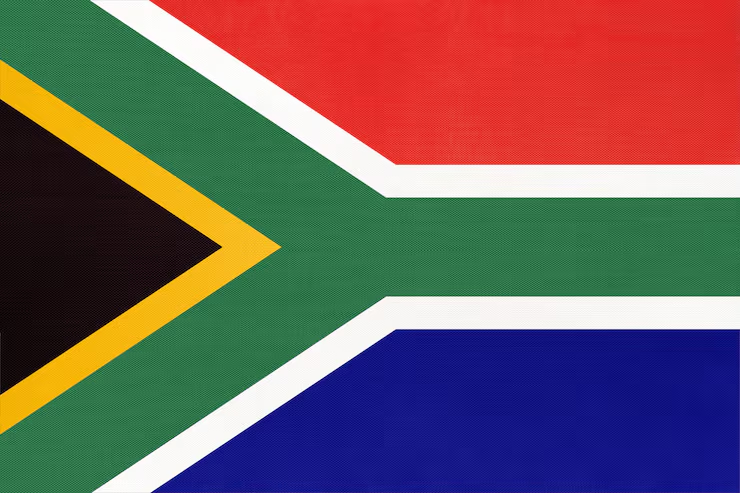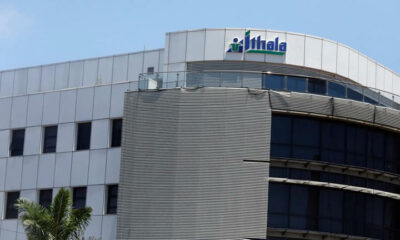411
Why South Africans Are Overspending on Takeaways and What It’s Costing Them

In the land of pap and peri-peri, a quiet crisis is brewing and it’s arriving in takeaway bags.
There’s no denying it: ordering food has become as easy as a tap on your phone. Whether it’s a kotas-and-chips combo or a late-night McFlurry run, fast food has become an everyday convenience for millions of South Africans. But while we’re feeding cravings, we’re starving our savings and Standard Bank is sounding the alarm.
Swipe Now, Worry Later
According to Standard Bank, South Africans are digging deep into their pockets for takeaways, with the average customer spending about R775 per month at 14 major fast food chains. That’s not groceries — just Uber Eats, Debonairs, KFC, Nando’s and the like.
And the kicker? More than 45% of Standard Bank clients have zero emergency savings. Even among those with stable incomes, including Private Banking customers earning R25,000 to R58,000 per month, over a third are financially exposed.
“It feels harmless at the time,” says Doret Jooste, the bank’s Head of Money Management and Advisory. “But the frequency can add up.”
The Appetite by the Numbers
-
People in their late 20s to mid-30s are the biggest spenders.
-
Customers earning around R60,000 spend over R1,000 monthly, which spikes to R1,300 during holidays.
-
Lower earners aren’t spared: those taking home under R20,000 per month still fork out about R472 on fast food.
-
Emerging high-income earners spend roughly 2.5% of their disposable income on takeaways alone.
And remember, many of these consumers are multi-banked, so the real spend could be even higher than reported.
The Price of Convenience
In Joburg or Cape Town, it’s easy to justify grabbing a pizza after traffic or ordering sushi because “it’s just R100.” But when small splurges become habits, they silently chip away at your financial health.
Jooste explains it well: “Convenience spending is often unplanned and sometimes unconscious.”
That means most people aren’t tracking their takeout budgets and they’re certainly not offsetting those costs by cutting back at the supermarket. And while a R775 debit here or there might not raise eyebrows, that’s R9,300 a year, enough to kick-start an emergency fund or reduce credit card debt.
The Culture of Quick Fixes
South African cities have become hotbeds for delivery culture. Food apps advertise convenience, not cost. Social media encourages “treat yourself” culture, and brands know just how to target you after a long day at work.
But here’s a local truth: more South Africans are living paycheck to paycheck, especially in today’s shaky economy. Load shedding, fuel hikes, rent increases, it’s a perfect storm, and fast food is often the easy (but expensive) answer.
A Small Shift, Big Impact
Jooste isn’t calling for a full-on boycott of takeaways. She’s encouraging a reset. For example:
-
Cutting monthly takeout spend from R615 to R400 saves R2,500 per year.
-
Invested in a tax-free account at 10%, that could grow to over R41,000 in 10 years.
-
Review streaming and app subscriptions too, middle-income South Africans spend R336 to R482 monthly, while Private clients pay up to R1,255.
Altogether, halving these costs could free up between R400 and R1,100 per month, enough to start building a savings buffer.
What South Africans Are Saying
On TikTok and X (formerly Twitter), locals have mixed reactions:
“We can’t even afford Woolies anymore, now they want us to give up takeaways too?”
“She’s right. I looked at my bank statement and I had SIX Nando’s debits in one month.”
“Imagine what you could save if you just packed a lunch. I started doing that and finally built my emergency fund.”
It’s a conversation that’s long overdue and more relevant than ever.
South Africa’s financial landscape isn’t kind to the average person. But as Standard Bank reminds us, some control still lies in everyday choices. The question is, can we resist the R75 burger for the sake of future peace of mind?
Maybe it’s time to pack that lunchbox, skip the extra pizza, and start saving for the real rainy days, not just the ones with broken geysers.
{Source: BusinessTech}
Follow Joburg ETC on Facebook, Twitter , TikTok and Instagram
For more News in Johannesburg, visit joburgetc.com


























